Are you flossing regularly?” is probably a question you get asked every single time you visit the dentist. And that’s because it’s important! Many people hate the feeling of moving a piece of floss between their teeth, and therefore leave flossing out of their daily teeth cleaning routine. But just brushing your teeth often isn’t enough to remove plaque and prevent cavities. Helping you maintain a healthy smile by protecting your teeth and gums and protecting you from other diseases, here’s why flossing needs to be a part of your daily routine.
Why isn’t brushing enough?
The tooth has 5 surfaces, but your toothbrush can only reach 3 of them. The two untouched surfaces are very close to the sides of other teeth, making it easy for food to get trapped in between. When food gets stuck in these gaps, it creates a breeding ground for bacteria to build up, creating plaque. This is where floss comes in handy – as an interdental cleaning tool, it can get into these tight spaces and remove 80% of plaque.
Protect your gums
When you neglect flossing, plaque and bacteria can easily build up. If they are not removed properly the bacteria will eventually begin to irritate gum tissue, and this will get worse as bacteria increases. When left untreated, this can eventually cause Gingivitis – a periodontal disease that causes red and puffy gums to bleed easily.
And your teeth
As well as causing irritation, the bacteria between your teeth will also destroy your tooth’s enamel, causing a cavity. Flossing will remove this plaque to prevent the build-up of harmful bacteria. Regularly flossing is a great way to check your mouth for potential cavities, as well as swelling or redness. It will also make your teeth look brighter by removing plaque and excess food that you may not spot in a mirror.
Protects from other diseases
If left untreated, bacteria in an unhealthy mouth can harm the rest of your body. Gingivitis can enter the bloodstream and travel to other parts of the body, leading to heart disease, diabetes and respiratory illnesses. Flossing only takes a couple of minutes out of your day, but will have huge benefits on your long-term health.
Good for your overall health
We understand that brushing your teeth after each meal may not be convenient, but flossing after a meal is easy and can be done anywhere. Not only does regular flossing help you practice good oral hygiene, but it can also help you maintain a healthy diet and lifestyle, as flossing after eating will make you less tempted to snack.
Dentists recommend that you should floss once a day, the best time being in the evenings after you brush to remove any food and plaque at the end of the day. If you are concerned about dental diseases or have noticed any sensitivity or changes to your teeth
Be the first to review “4 in 1 Dental floss pack, 160pieces” Cancel reply
Related products
Health & Beauty
Health & Beauty
Oral care
Sonic Electric Dental Calculus Plaque Remover Tool Kit, Tooth Scraper Tartar Cleaning System, Green
All Products



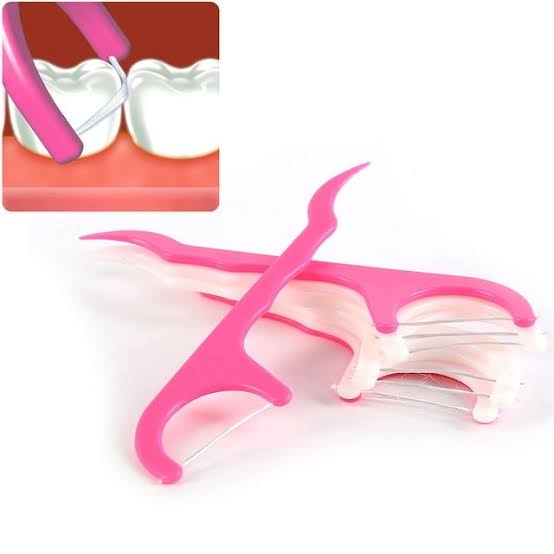
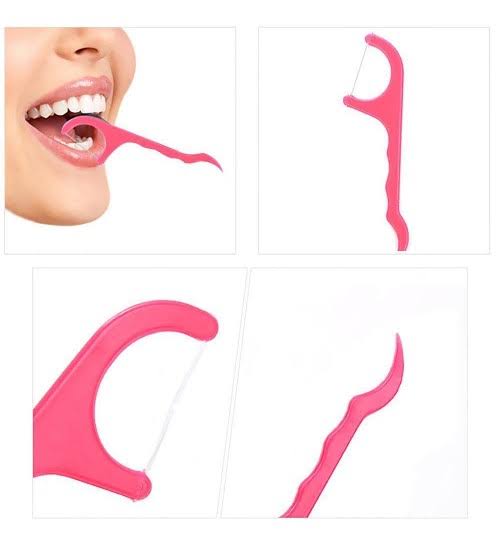
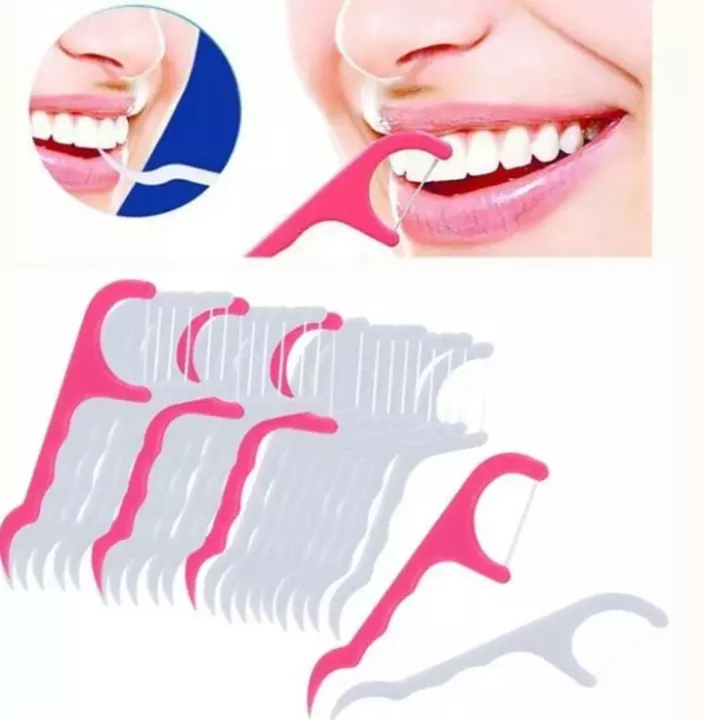


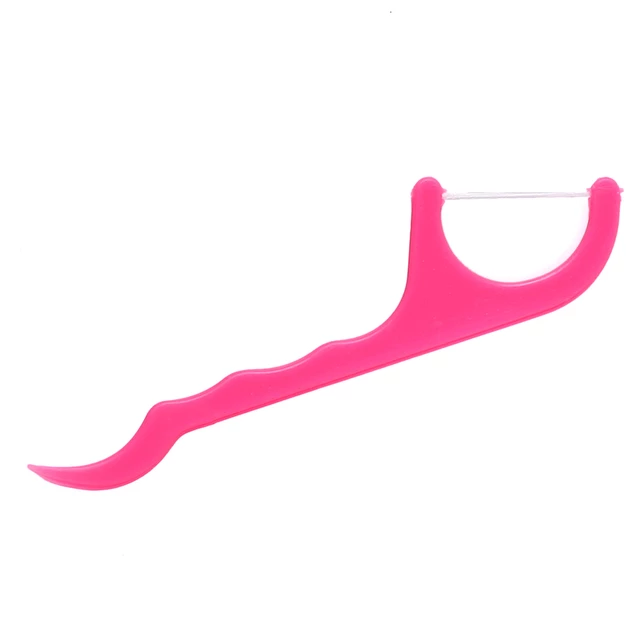
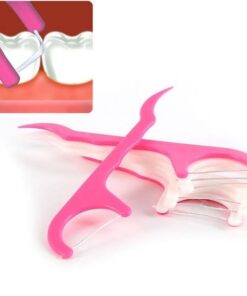
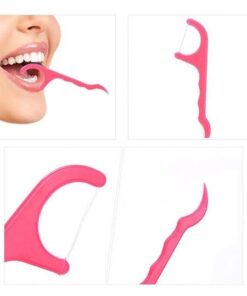
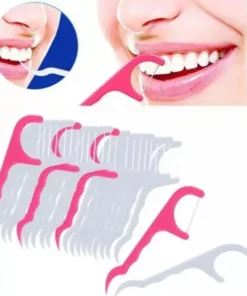


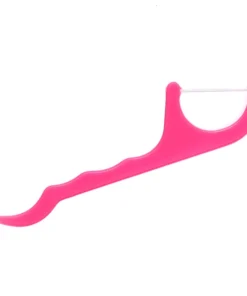

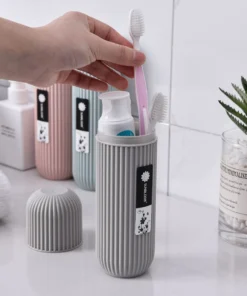
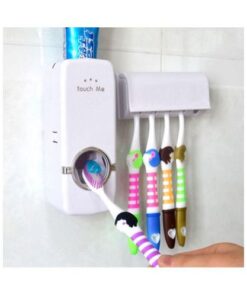
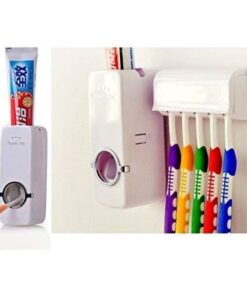
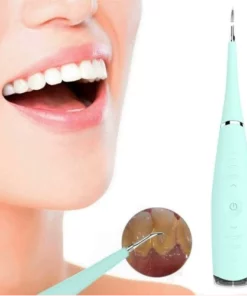

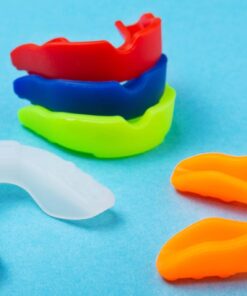
Reviews
There are no reviews yet.